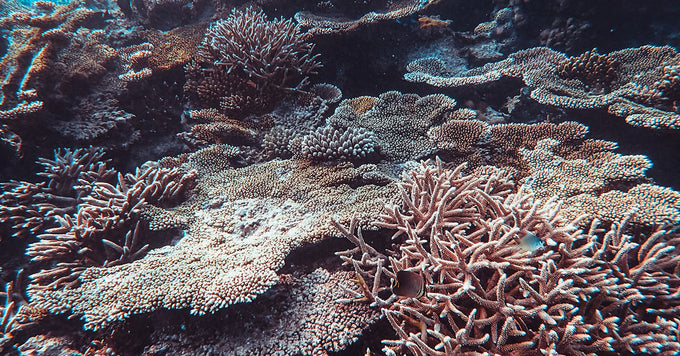UV Protective Clothing: Good for You and the Environment

The value of sun protection can not be overstated. It is crucial to protect our skin from the sun’s harsh UV rays to prevent premature aging and potentially deadly skin cancer.
One of, if not the most popular ways of achieving sun protection, is through the use of sunscreen. Although sunscreen provides great protection and should never be fully neglected, many contain chemicals that can damage the environment, like our oceans and coral reef systems.
New findings now also suggest that these same chemicals can also pose major health concerns for us. For these reasons, it is best to limit our use of these types of sunscreen or find a sunscreen that doesn't contain harmful ingredients and and cover-up with UV protective swimwear clothing as much as possible.
Today, we go over how UV protective clothing is good for you and the environment.
How Most Sunscreen Can Harm the Environment
Because of this, places such as Hawaii and Key West have banned the use of sunscreens that contain these harmful chemicals. Hawaii tells people on its National Park's website to use sunscreen with zinc oxide or titanium dioxide instead.
The chemicals in sunscreen have also been shown to decrease the fertility and reproduction rates of fish and other marine creatures such as mussels and sea urchins. These chemicals may also accumulate in the tissues of larger marine animals and be past on to their offspring.
Green algae is also negatively affected by the chemicals in sunscreen. The chemicals can impair the growth of the algae and prevent it from performing photosynthesis. This has the potential to be a major problem considering green algae produces around 20% of the oxygen we breathe.

Why UV Protective Swimwear and Clothing Is Better for the Environment
UPF swimwear and clothing are better choices for protecting the environment when it comes to protecting your skin from the sun. According to scientists, UPF clothing is also much more effective than sunscreen at protecting your skin from UV rays as this type of apparel, when rated UPF 50+, can protect you from over 98% of the sun's UVA and UVB rays. Sunscreen can also wash off and needs to be reapplied, wheres UPF clothing doesn't.
UV protective swimwear and clothing doesn't damage our marine life either. Choosing to purchase UV protective clothing from a trusted brand that third party tests their apparel, like us at UV Skinz, is a great way to help keep our oceans safe.






